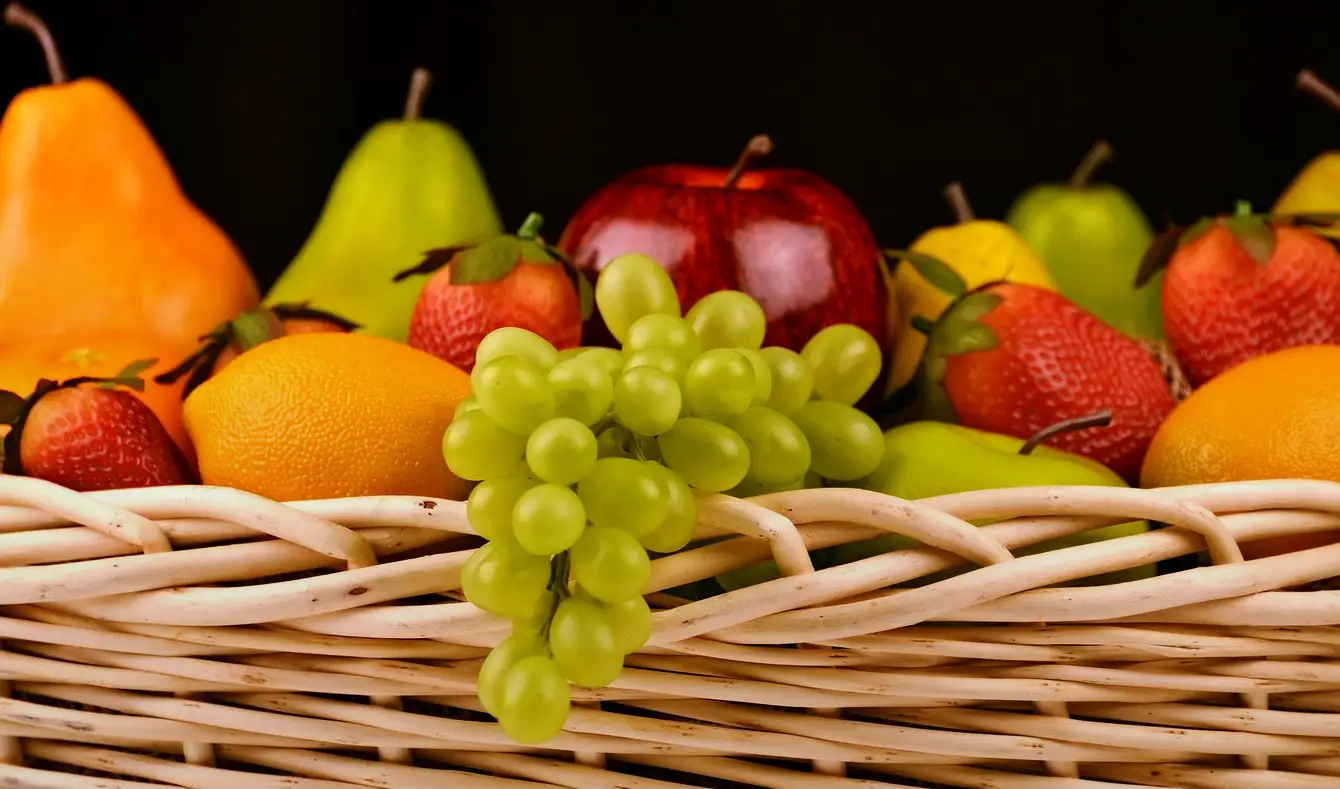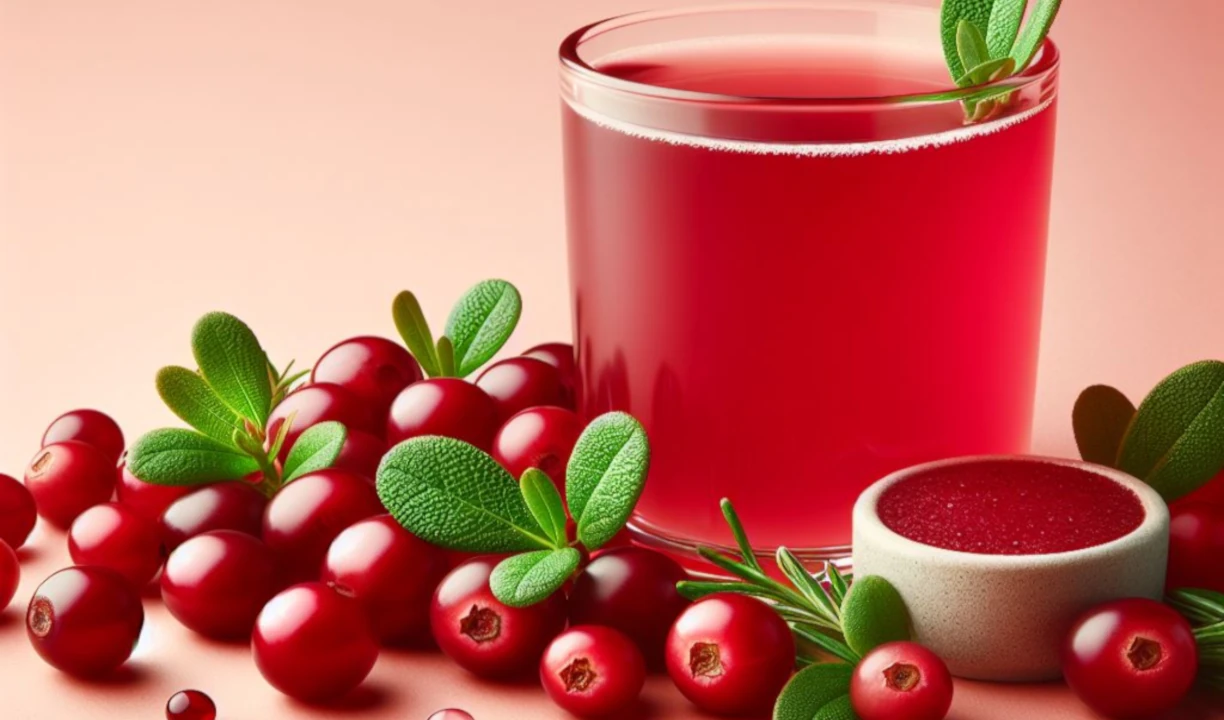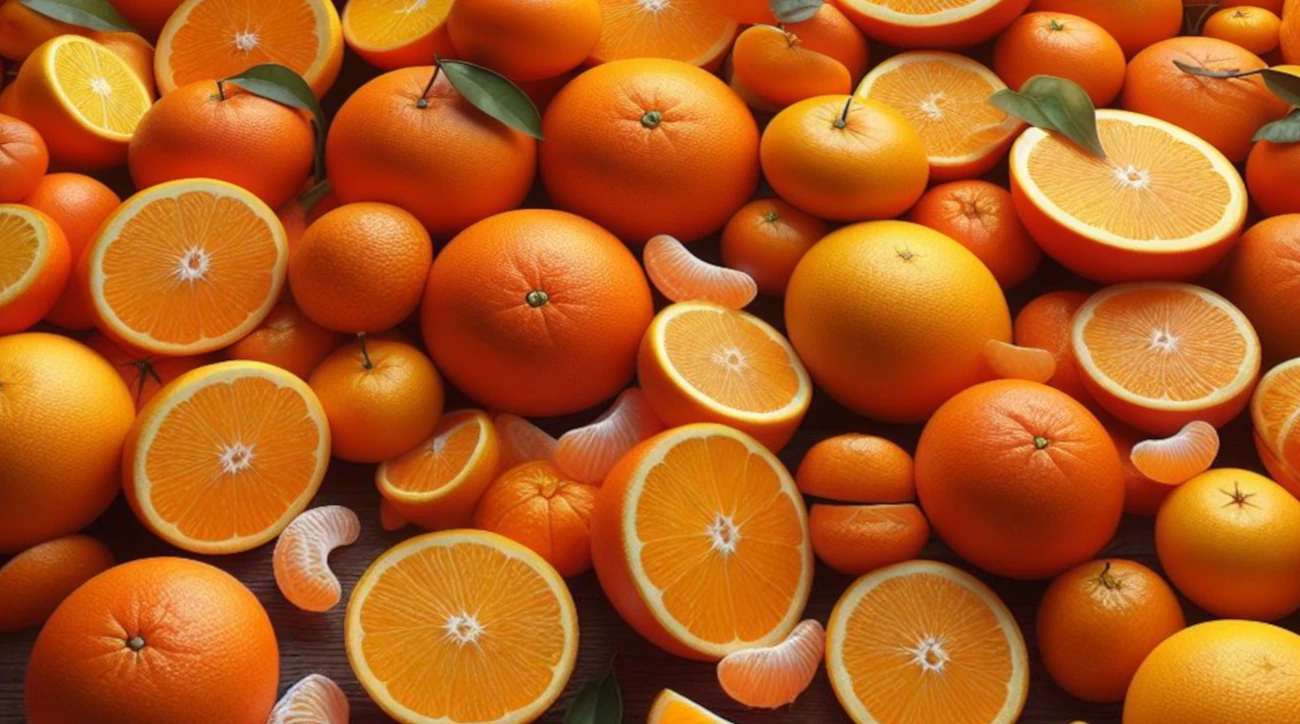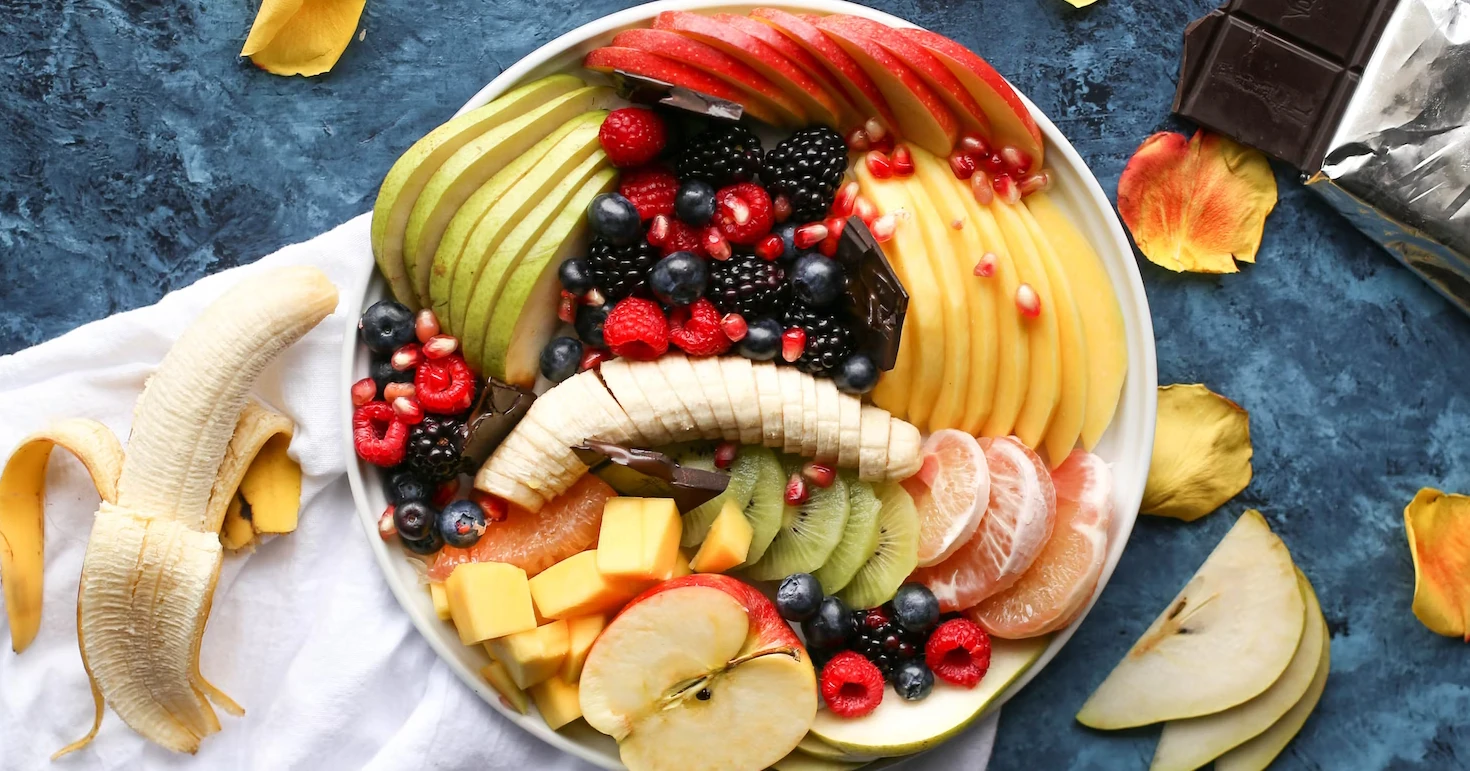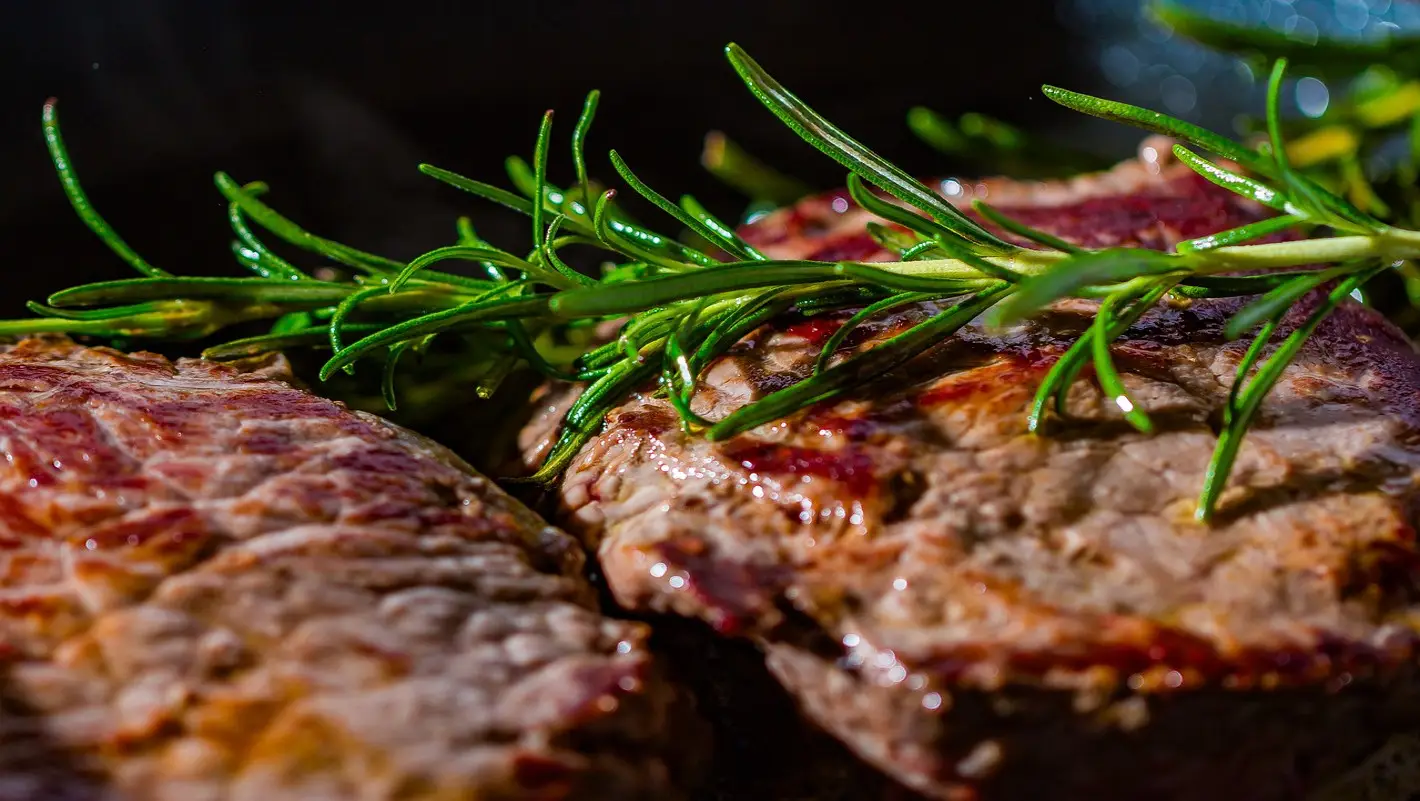Fig Lysine and Arginine Info Sheet
Overview
Fig is a sweet and juicy fruit that has a soft skin and crunchy seeds. It is rich in vitamin K, potassium, and copper. It is widely cultivated and consumed around the world.Fig can be eaten fresh, dried, or cooked. It can also be used to make salads, pies, smoothies, or cheese platters.
| Name | Lysine (mg/100g) | Arginine (mg/100g) | Ratio |
|---|---|---|---|
| Fig | 29.23mg | 16.92mg | 1.73 |
Fig contains 29.23mg of Lysine and 16.92mg of Arginine per 100g of product.
This means Fig has a high Lysine-Arginine ratio of 1.73.
Because Fig contains much higher levels of lysine than arginine, it is highly recommended for people who suffer from herpes, as it may prevent outbreaks.
Lysine Considerations
Fig has a very low amount of lysine, which is an essential amino acid that the body cannot produce.
Lysine is important for protein synthesis, collagen formation, and immune function.
Lysine can help prevent or treat cold sores, which are blisters caused by the virus HSV-1, also known as herpes.
Lysine works by blocking the growth of HSV-1, which needs another amino acid called arginine to multiply and infect cells.
Lysine can only be obtained through diet, and can be found in many high-protein foods like dairy products, fish, eggs, meat and poultry.
Arginine Considerations
Fig also has a very low amount of arginine, which is a semi-essential amino acid that the body can produce in limited amounts.
Arginine is important for nitric oxide production, blood vessel dilation, and wound healing.
Arginine has many benefits for our health and performance, such as lowering blood pressure, enhancing wound healing, and increasing exercise endurance.
Arginine can also affect the herpes virus, which causes cold sores and genital herpes.
Studies suggest that arginine may help the virus grow and cause outbreaks, so people with herpes may want to avoid foods that are high in arginine or take lysine supplements to block its effects.
Lysine-Arginine Ratio
Fig has a moderate lysine-arginine ratio, which means that it has more lysine than arginine.
This ratio may affect the balance of herpes simplex virus (HSV) in the body, as lysine inhibits and arginine promotes HSV replication.
A moderate lysine-arginine ratio may help reduce the severity of HSV infections.
Lysine and arginine are both amino acids that are involved in protein synthesis and other metabolic processes.
That said, they have opposite effects on the herpes simplex virus, which causes cold sores and genital herpes.
Lysine can inhibit the replication of the virus, while arginine can stimulate it.
Because of this, eating foods that have a high lysine-arginine ratio may help reduce the frequency and severity of herpes flare-ups.
Some examples of foods that have a high lysine-arginine ratio are milk and cheese, fish, poultry, fruits, and vegetables.
These foods can provide the body with enough lysine to block the uptake of arginine by the virus, and thus prevent its growth and spread.
Dietary Considerations
Fruits are generally high in natural sugars, water, and vitamin C.
Some fruits have more lysine than arginine, such as papaya, mango, apricot, apple, pear, fig, and avocado.
These fruits can help stunt or soothe herpes outbreaks, as lysine can counteract the effects of arginine.
Other fruits have more arginine than lysine, such as oranges, tangerines, grapes, bananas, strawberries, and kiwis.
These fruits can still be consumed in moderation, as they have other health benefits.
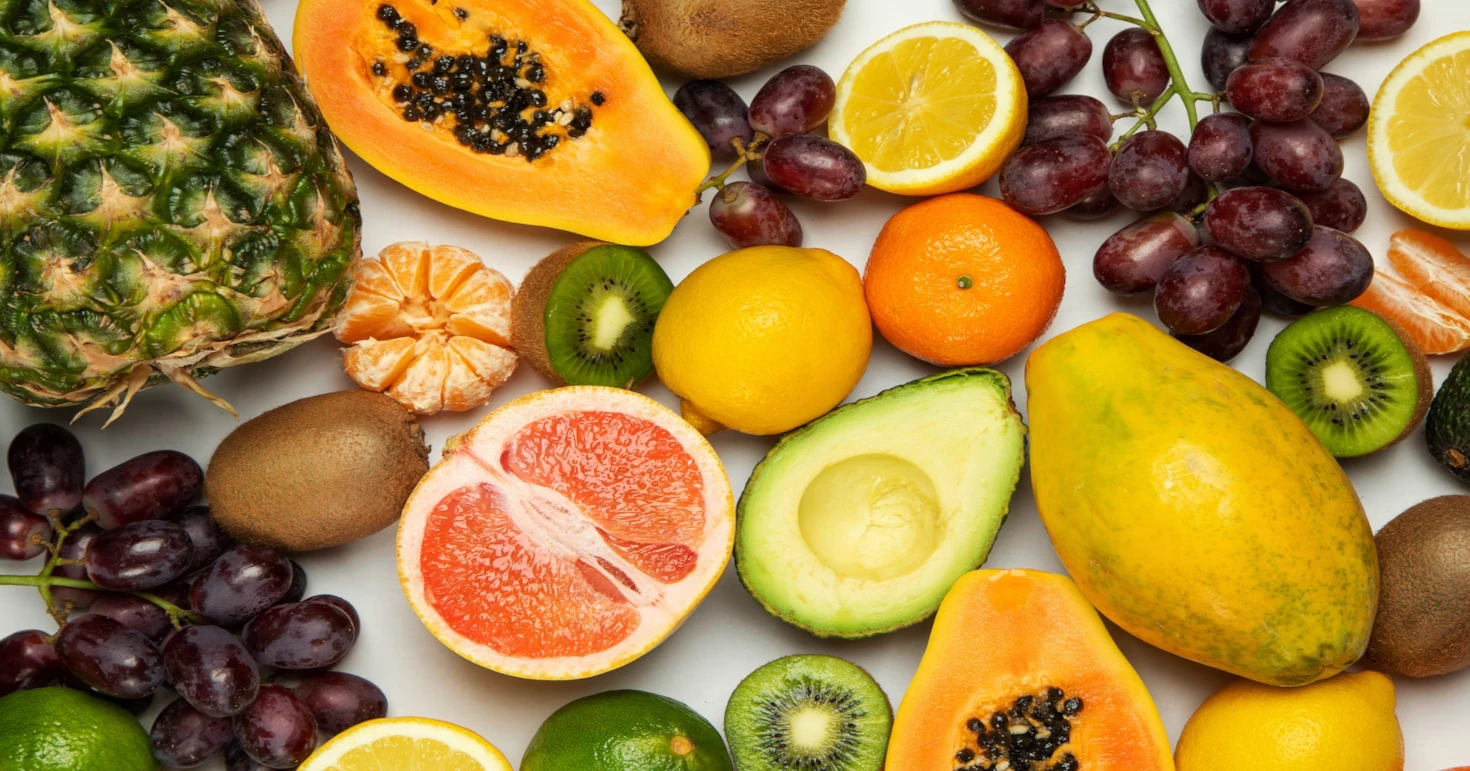
For instance:
A well-balanced and healthy diet that strengthens your immune system and lowers inflammation is important.
This means you should eat a lot of fruits, vegetables, whole grains, lean protein, and good fats, and avoid processed foods, added sugars, alcohol, and caffeine.
Drinking enough water to keep yourself hydrated and remove toxins from your body.
Water can also help prevent dryness and irritation of the skin and mucous membranes, which can result in fewer outbreaks.
You may want to take l-lysine supplements.
L-lysine is known to prevent herpes outbreaks and it can help stop a cold sore in its initial stages by "starving" the virus of arginine before it has a chance to cause a cold sore.
Avoiding foods that can cause allergic reactions or sensitivities, such as gluten, dairy, nuts, eggs, or shellfish.
These foods can trigger inflammation and weaken your immune system, making you more susceptible to outbreaks.
Check more food information
